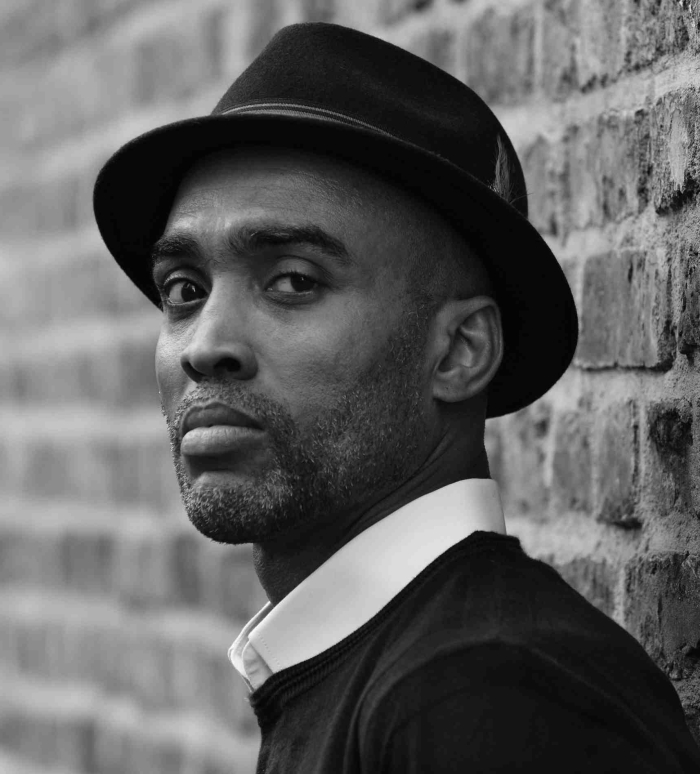
As a teenager in the late 1980’s, Adegoke Odukoya, better known as Adé Bantu or Duke T, was a proud member of the generation that thrust the music industry into the new era of hip-hop. Born in London to a German mother and a Nigerian father, Bantu grew up in Nigeria, where he spent his formative years listening to his parent’s vinyl collection. This time in his adolescence was vital to his exposure to music and his transformation into a musician and producer.
When his father died in 1986, Bantu, his mother, and his three siblings moved to Germany. By this time, he had already finished high school in Nigeria, and was ready to make a name for himself. In Germany, he met rap enthusiasts that encouraged him to begin making rap music. In 1989, he joined the band Exponential Enjoyment, and then in 1993, just four years later, he co-founded the band Weep Not Child. He performed under the alias “Duke T,” and the music they made helped to shape the emerging hip-hop movement in the early 1990s.
But Bantu resisted being pigeonholed as hip-hop artist, and, in 1996, founded BANTU with his brother and two other artists. BANTU, an acronym for Brotherhood Alliance Navigating Towards Unity, is a 13-piece band whose unique musical style is a fusion of Afrofunk, Afrobeat, Highlife, and Yoruba music. Through BANTU, Adé Bantu gained great popularity in both Nigeria and Germany, with one album earning him two Kora Awards.
In 2000, following a wave of racially motivated violence in Germany, Bantu helped found the transnational Brothers Keepers collective, headed primarily by Afro-German musicians. With the goal of addressing racism in Germany, the musicians released a protest album (Lightkultur), visited schools, lobbied for change in asylum and anti-discrimination policies, and helped victims of racially motivated attacks.
In an effort to find inspiration and connection to his music, Adé Bantu has since returned to Lagos, Nigeria, where he spent the majority of his childhood, but returns to Germany to visit his mother and siblings, who stayed there.
Through the use of his musical talents and his political passion, Adé Bantu has made a lasting impact in both Germany and Nigeria. Through his music and his words, he has actively fought racism and addressed the idea that one can be Black and German. He rejects the idea of having only one defining feature or sound, and instead embraces every aspect of his heritage and experience.